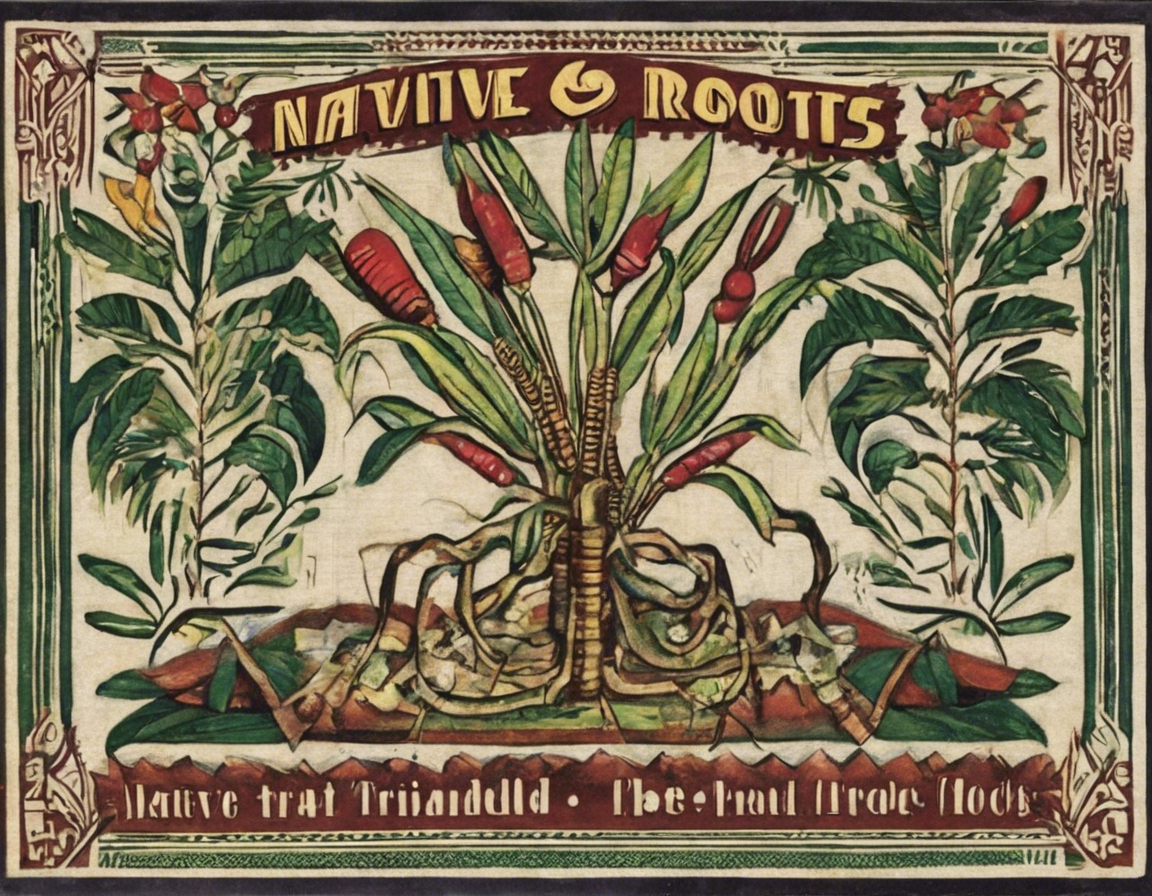
Exploring Native Roots: Trinidad’s Cannabis Culture
Introduction
Trinidad and Tobago, a two-island nation located in the southern Caribbean, is known for its vibrant culture, rich history, and diverse population. In recent years, there has been a growing interest in the country’s cannabis culture, particularly its native roots in traditional practices and rituals. This article aims to delve into Trinidad’s cannabis history, its modern-day significance, and the evolving attitudes towards the plant in the region.
Historical Perspective
Trinidad has a long history of cannabis use dating back to the indigenous peoples who inhabited the islands before European colonization. These indigenous groups, such as the Arawak and Carib tribes, used cannabis for medicinal, spiritual, and recreational purposes. Cannabis was also used in various rituals and ceremonies, highlighting its cultural significance.
During the colonial period, cannabis cultivation and consumption were influenced by European practices and regulations. The plant was initially grown for industrial purposes, such as hemp production, but over time, its recreational use became more widespread among the local population.
Cannabis in Trinidad Today
In contemporary Trinidad, cannabis remains a prevalent part of the local culture, despite being illegal for recreational use. The plant is widely available in the country, with many individuals cultivating it for personal consumption or for sale in the informal market.
The Rastafarian community in Trinidad has played a significant role in advocating for the decriminalization of cannabis. For Rastafarians, cannabis, or “ganja” as it is commonly known, holds spiritual significance and is used in rituals and ceremonies.
Cultural Significance
Cannabis has also permeated popular culture in Trinidad, influencing music, art, and literature. Calypso and soca music, two prominent music genres in the country, often reference cannabis use in their lyrics, reflecting the plant’s ubiquitous presence in Trinidadian society.
Moreover, Trinidad’s Carnival, a world-renowned festival known for its vibrant celebrations and extravagant costumes, has also been associated with cannabis use. Many revelers incorporate cannabis into their Carnival experience, further solidifying the plant’s cultural significance in the country.
Legal Landscape
In Trinidad and Tobago, cannabis possession and consumption are illegal, with strict penalties for those found in violation of the law. However, there have been recent calls for decriminalization and even legalization of cannabis for recreational and medicinal use.
The government has taken steps towards decriminalizing small amounts of cannabis for personal use, recognizing the need for a more nuanced approach to drug policy. Advocates argue that legalizing cannabis could not only reduce the burden on the criminal justice system but also create economic opportunities through regulation and taxation of the industry.
Challenges and Opportunities
Despite growing public support for cannabis reform in Trinidad, there are challenges that must be addressed. These include stigma surrounding cannabis use, concerns about public health and safety, and the need for effective regulation to prevent abuse.
However, there are also opportunities for Trinidad to capitalize on its cannabis culture. By leveraging the plant’s cultural and historical significance, the country could develop a sustainable cannabis industry that benefits local communities and promotes responsible consumption.
Frequently Asked Questions (FAQs)
- Is cannabis legal in Trinidad and Tobago?
-
No, cannabis possession and consumption are illegal in Trinidad and Tobago, although there have been calls for decriminalization and legalization.
-
Why is cannabis significant in Trinidadian culture?
-
Cannabis has a long history in Trinidad, dating back to indigenous tribes, and has since become ingrained in the country’s cultural practices and traditions.
-
How does the Rastafarian community view cannabis in Trinidad?
-
The Rastafarian community in Trinidad views cannabis as a sacred plant with spiritual significance, using it in rituals and ceremonies.
-
What are the penalties for cannabis possession in Trinidad?
-
Possession of cannabis in Trinidad can lead to legal repercussions, including fines and potential imprisonment, depending on the quantity.
-
Are there any efforts to legalize cannabis in Trinidad?
- Yes, there have been discussions and proposals to decriminalize and potentially legalize cannabis in Trinidad for both recreational and medicinal purposes.
In conclusion, Trinidad’s cannabis culture reflects a complex interplay of history, tradition, and contemporary attitudes towards the plant. While challenges remain in the legal and social realms, there is a growing recognition of cannabis’s potential to contribute positively to Trinidadian society and economy. By honoring its native roots and embracing responsible policies, Trinidad has the opportunity to carve out a unique space in the global cannabis landscape.
